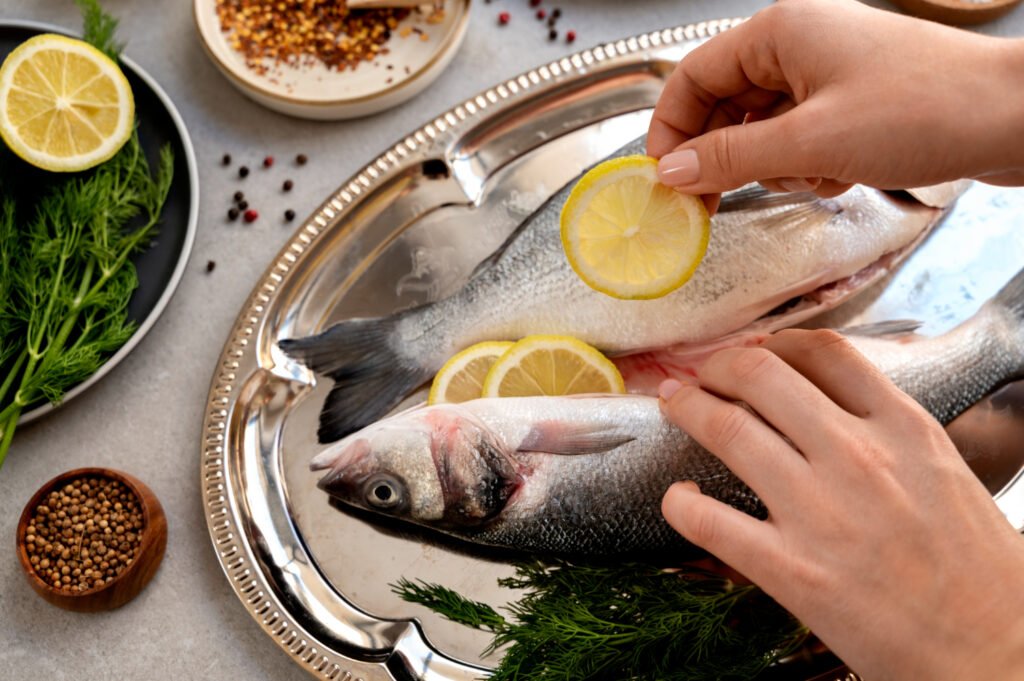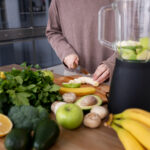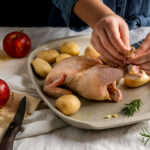
In this article
Overview
Iron is a vital mineral that plays a crucial role in your body’s overall health, particularly in the production of hemoglobin, the protein in red blood cells responsible for carrying oxygen throughout your body. Without sufficient iron, your body can’t produce enough healthy red blood cells, leading to conditions like iron-deficiency anemia. But fear not! Incorporating iron-rich foods into your diet can help maintain optimal levels and support your well-being. Here’s a deep dive into the best iron-packed foods and why they’re essential for your health.
Understanding Your Iron Needs
Before we explore the foods, it’s important to understand how much iron you actually need. Iron requirements vary based on age, gender, and life stage. Men typically need around 8 mg per day, while women, due to menstruation, require 18 mg until age 50, after which their requirement drops to 8 mg. Pregnant women have the highest demand, needing up to 27 mg daily. Knowing these numbers helps you plan your diet accordingly, ensuring you get enough iron from the right sources.
The Best Iron-Rich Foods to Include in Your Diet
1. Red Meat
If you’re a fan of red meat, you’re in luck. Red meats like beef, lamb, and venison are some of the best sources of heme iron, which is easily absorbed by the body. For instance, a 6-ounce sirloin steak provides about 3.2 mg of iron. Red meat also offers additional benefits, such as being rich in protein, vitamin B12, and zinc, all essential for overall health.
2. Poultry
Not everyone eats red meat, and that’s perfectly fine because poultry is another excellent source of iron. Whether you prefer chicken, turkey, or duck, you’ll still get a good dose of this vital mineral. For example, a 3-ounce serving of duck offers 2.3 mg of iron, while chicken or turkey provides about 1 mg in the same serving size. Poultry is also lower in fat compared to red meat, making it a healthier choice for those watching their fat intake.
3. Fish and Shellfish
Fish and shellfish not only provide a substantial amount of iron but also pack a punch with other nutrients like omega-3 fatty acids, which are great for heart health. Shellfish like clams, oysters, and mussels are particularly iron-rich, with a 3.5-ounce serving of clams offering up to 3 mg of iron. Additionally, fish such as tuna, sardines, and mackerel are excellent options to consider, especially if you’re aiming for a high-protein, low-fat diet.
4. Dark, Leafy Greens
For those leaning towards a plant-based diet, dark, leafy greens are a must. Spinach, kale, and collards are not only versatile but also rich in non-heme iron, the type of iron found in plants. A 3.5-ounce serving of raw spinach contains 2.7 mg of iron. Pairing these greens with foods rich in vitamin C, like tomatoes or citrus fruits, can significantly enhance iron absorption.
5. Organ Meats
Organ meats, such as liver, kidneys, and heart, are some of the most nutrient-dense foods you can eat. A 3.5-ounce serving of beef liver, for example, delivers an impressive 6.5 mg of iron. These meats are also loaded with protein, vitamins, and minerals, including vitamin A, which is crucial for vision and immune function, and choline, important for brain health.
6. Eggs
Eggs, particularly when paired with iron-rich vegetables, make for a nutritious and iron-packed meal. Two large hard-boiled eggs provide 1.19 mg of iron. Eggs are also a great source of protein and contain essential nutrients like calcium and potassium.
Vegetarian and Vegan Iron Sources
1. Tofu and Legumes
Vegetarians and vegans need not worry about iron intake. Tofu, beans (like kidney, garbanzo, and white beans), and lentils are all excellent sources of non-heme iron. While plant-based iron isn’t absorbed as efficiently as heme iron, consuming it with vitamin C-rich foods can improve absorption. For instance, a hearty bean salad with bell peppers or a tofu stir-fry with broccoli can make a significant contribution to your daily iron needs.
2. Fortified Cereals
Starting your day with a bowl of iron-fortified cereal can set you on the right track. Many breakfast cereals are enriched with iron, providing a significant portion of your daily requirement. For example, a serving of fortified bran flakes or cream of wheat can deliver up to 18 mg of iron, especially when combined with a vitamin C-rich topping like strawberries.
3. Nuts, Seeds, and Dried Fruits
Nuts and seeds, particularly cashews, almonds, and pumpkin seeds, are excellent iron sources that are easy to incorporate into your diet. Dried fruits like raisins, prunes, and apricots are also rich in iron, making them a perfect addition to your snacks or meals. A small handful of mixed nuts and dried fruits can provide a tasty and iron-boosting snack.
The Takeaway
Incorporating a variety of iron-rich foods into your diet is essential for maintaining good health, especially if you fall into a group with higher iron needs. Whether you prefer red meat, poultry, fish, or plant-based sources, there are plenty of delicious and nutritious options to choose from. Remember to pair non-heme iron sources with vitamin C-rich foods to enhance absorption and make sure your diet is balanced and diverse to cover all your nutritional bases.
Iron deficiency can lead to serious health issues, so it’s crucial to be mindful of your intake, especially if you’re at higher risk. By making small adjustments to your daily meals, you can easily meet your iron needs and enjoy the benefits of this essential mineral.
by reviewing your diet and making sure you include these iron-rich foods. Your body will thank you for the extra energy, improved health, and overall well-being
A Quick Review
Iron is a crucial mineral for overall health, particularly in producing red blood cells. Incorporating iron-rich foods like red meat, poultry, leafy greens, and legumes into your diet can prevent iron deficiency and enhance energy levels. Both animal-based and plant-based options are available, ensuring everyone can meet their iron needs and maintain optimal health
Frequently asked questionsay
Why is iron important for the body
Iron is essential for producing hemoglobin, which carries oxygen in the blood. Without enough iron, you may develop iron-deficiency anemia, leading to fatigue and weakness.
What are some plant-based sources of iron?
Plant-based sources of iron include dark leafy greens, tofu, beans, lentils, and fortified cereals. Pairing these with vitamin C-rich foods improves iron absorption.
How much iron do I need daily?
The recommended daily iron intake varies: 8 mg for men, 18 mg for women (until age 50), and 27 mg for pregnant women.
Can I get enough iron from a vegetarian or vegan diet?
Yes, by consuming a variety of plant-based iron-rich foods and pairing them with vitamin C sources, vegetarians and vegans can meet their daily iron needs
What are the symptoms of iron deficiency?
Symptoms of iron deficiency include fatigue, weakness, pale skin, shortness of breath, and headaches. If you experience these, consult a healthcare provider.











